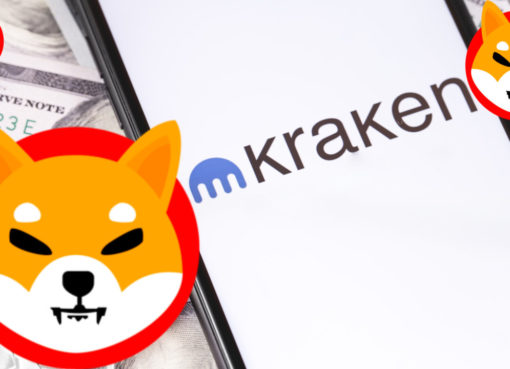The advent of blockchain technology has knocked the doors of the commercial real estate sector too. It can change the process of capital formation and transaction settlement by focussing on higher speed and better efficiency. Through tokenization, the assets will be divided into tradable shares and provide ownership rights to investors. It ensures adequate liquidity which would be useful during the reselling of assets.
Though tokenization has a lot of promise, it has to face different hurdles in the form of industry lobbies, regulatory pressure, changing demand and supply conditions and objections made by the existing intermediaries in the market. Honest discussions with multiple stakeholders would be required to create a successful roadmap for implementing blockchain technology in the real estate industry.
Understanding the concept of illiquidity discount
Industries like real estate lack the presence of a standardized product and witness fluctuating supply and demand conditions leading to an illiquidity discount. It refers to a decrease in price for an asset due to the existence of a shallow market. Real estate often struggles to be moved in or out of a cash position. It can ultimately be sold only with a substantial reduction in value.
Lack of liquidity can affect asset valuation and pricing. Hence, discounts will be resorted by the developer for selling the asset which could range around 30-50% of the fundamental value.
Causes behind illiquidity discount in the Commercial Real Estate Sector
Lack of market depth and transparency regarding information disclosure are some of the main reasons for the prevailing illiquidity in the real estate industry. Most of the deals are signed in shallow private markets with fewer participants and assets are priced according to the demand received. The valuation of assets are not consistent and are not regularly updated, unlike public markets. This is due to the unique nature of properties and varying inventory levels spread across different geographical locations. The transactions are also costly and cumbersome to execute due to the involvement of private and institutional financing. Hence complexity, counterparty risk and transactional friction lead to illiquidity in assets.
How restrictive regulations lead to illiquidity
In the United States of America, commercial real estate investments are considered as securities or investment contracts. Hence, they are subject to transfer prohibitions, liquidity restrictions leading to complex legal and tax requirements imposed by regulatory authorities such as the Securities and Exchange Commission (SEC), the Financial Industry Regulatory Authority and the Internal Revenue Service (IRS).
Some regulations such as the Maximum 100 Investor Rule affects private real estate funds and the Maximum 100 Shareholder Rule hampers the existence of Real Estate Investment Trusts. The Maximum 2000 Shareholder Rule has a lot of registration roadblocks and on-compliance can disrupt trading activities.
Hence, firms resort to hiring a fund manager to comply with all these regulations. However, they expose themselves to additional costs, delays and counterparty risk. This creates more problems and conflicts.
Why Tokenization of Commercial Real Estate is a useful alternative in this scenario
It will help in narrowing down the illiquidity discount and also eliminating it altogether from the real estate industry. Blockchain technology is beneficial as through the presence of a solid infrastructure helps the buyers and sellers to access price discovery and getting hold of titles. However, despite tokenization, the underlying asset will be tied to a particular location and will be difficult to move. Hence, it affects the demand situation.
Since every property is unique in its features on a granular level, there will be a lack of a transparent market and data feeds accessible to the participants.
Hence, tokenization of commercial real estate will not change the subjectivity of shares to securities regulation.
What to expect from Tokenizing Commercial Real Estate
Tokenization of assets cannot get rid of the illiquidity problem by themselves. It requires concrete steps to transform the real estate industry. The usage of blockchain technology helps in streamlining the process of capital formation by building stronger markets.
While public markets are suffering from problems of inefficiency, they are being replaced by security token exchanges, alternative trading platforms and investor management platforms.
Friction faced by the participants while executing transactions can be reduced by implementing the smart contract which is a self-executing program. It will automatically maintain public records, monitor the chain of ownership, undertake escrow services and help in real-time settlement of transactions.
Blockchain supported payments can be incorporated into the transaction process while finalizing real estate deals. It will help in managing big orders and send funds faster without errors or counterparty risk.
There will be a database of whitelisted and preapproved investors who can trade these private securities using a peer-to-peer mechanism on a real-time basis without facing any counterparty risk. Hence the benefits will be enjoyed by private equity and commercial real estate.
All these steps will contribute to the implementation of commercial real estate tokenization. Hence, it will transform the entire real estate industry and make it more durable and highly scalable.




